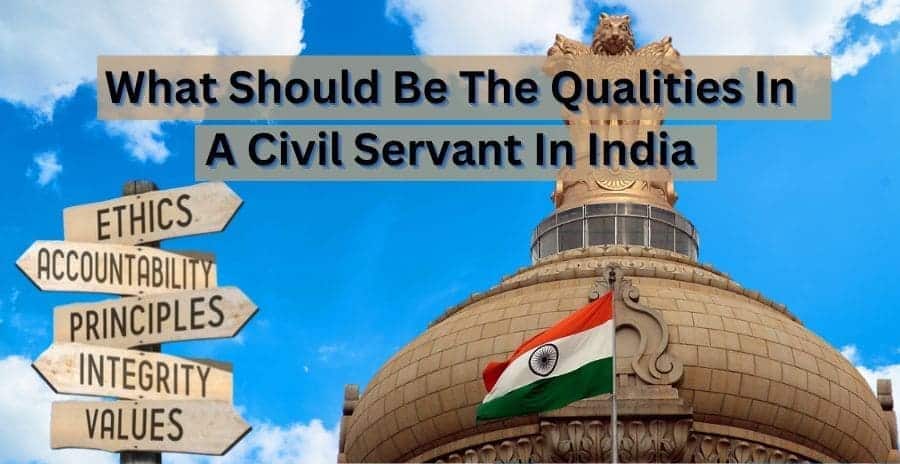Civil servants are the backbone of any well-functioning government. They are the ones who translate policy decisions into concrete actions, ensuring the smooth operation of government institutions and the delivery of essential services to citizens. Their dedication and expertise are paramount in shaping the lives of the people they serve.
But what exactly makes a good civil servant? Integrity, impartiality, and professionalism are foundational qualities. Civil servants must act with honesty and transparency, treat everyone fairly, and uphold the highest standards of conduct. They are also called upon to be adaptable, analytical problem-solvers with strong communication skills. Effective civil servants can navigate complex challenges, analyze information critically, and clearly explain policies and procedures to the public.
Beyond these core attributes, exceptional civil servants demonstrate leadership, empathy, and an unwavering commitment to public service. They inspire trust and collaboration, actively listen to the needs of the people, and are driven by a desire to make a positive impact on society. By embodying these qualities, civil servants ensure that government serves the public good and lays the groundwork for a thriving democracy.
Civil servants play a crucial role in governing societies and implementing government policies effectively. To excel in their roles and serve the public interest efficiently, It should possess a diverse set of qualities and attributes.

Some Key Qualities That Are Desirable In Civil Servants:
- Integrity: Civil servants should demonstrate honesty, transparency, and ethical integrity in all their actions and decisions. Upholding the highest standards of integrity is essential for maintaining public trust and confidence in government institutions.
- Impartiality: Civil servants should remain neutral and impartial in their dealings, without favoritism or bias towards any individual, group, or interest. They should prioritize the public interest above personal or political considerations.
- Professionalism: Civil servants should conduct themselves with professionalism, competence, and diligence in performing their duties. They should adhere to established protocols, procedures, and standards of conduct, maintaining a high level of professionalism at all times.
- Accountability: Civil servants should be accountable for their actions, decisions, and use of resources. They should accept responsibility for their performance and outcomes, and be open to scrutiny and evaluation by the public and government authorities.
- Adaptability: Civil servants should be adaptable and flexible in responding to changing circumstances, priorities, and challenges. They should be able to adjust their approaches and strategies as needed to achieve desired outcomes effectively.
- Analytical and Problem-Solving Skills: Civil servants should possess strong analytical and problem-solving skills to assess complex issues, identify underlying problems, and develop innovative solutions. They should be able to think critically, evaluate options, and make informed decisions based on evidence and analysis.
- Communication Skills: Civil servants should be effective communicators, able to convey information clearly, concisely, and persuasively. They should be skilled in both written and verbal communication, and able to engage with diverse stakeholders and audiences.
- Leadership: Civil servants should demonstrate leadership qualities, inspiring trust, confidence, and respect among their colleagues and the public. They should be able to motivate and empower others, foster teamwork and collaboration, and lead by example.
- Empathy and Compassion: Civil servants should demonstrate empathy and compassion towards the needs and concerns of the people they serve. They should strive to understand diverse perspectives, listen attentively to stakeholders, and show genuine care and concern for the well-being of others.
- Commitment to Public Service: Civil servants should have a strong commitment to public service and a genuine desire to make a positive difference in the lives of citizens. They should prioritize the common good over personal interests and be dedicated to serving the public interest with integrity and diligence.
Overall, civil servants who possess these qualities are better equipped to fulfill their responsibilities effectively, uphold democratic values, and contribute to the development and welfare of society.
Do you aspire to be a civil servant and make a real difference?
Bubna IAS Coaching Center in Surat that offers comprehensive coaching programs to equip you with the knowledge, skills, and guidance you need to succeed in the UPSC Civil Services Examination. Visit our website or contact us today to learn more about how we can help you achieve your dream career in civil service!







